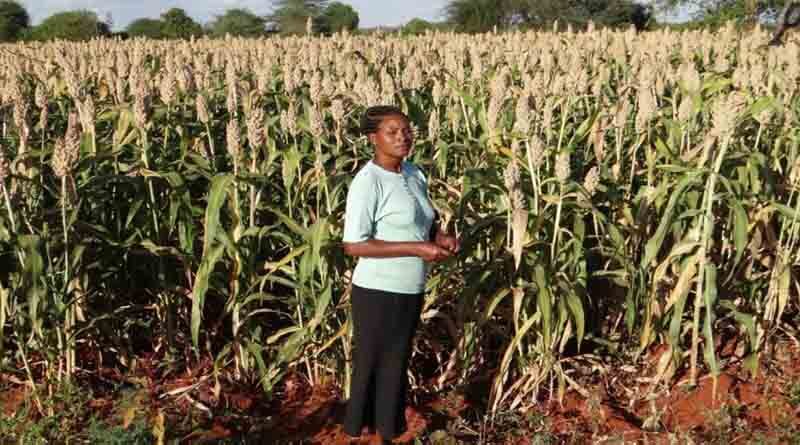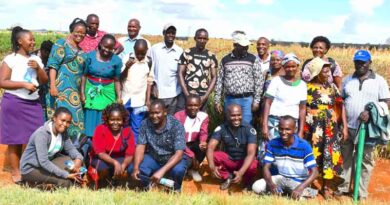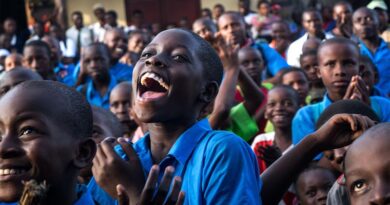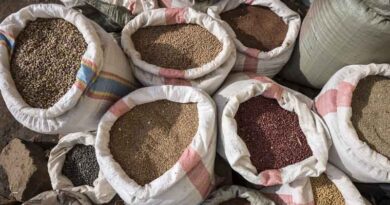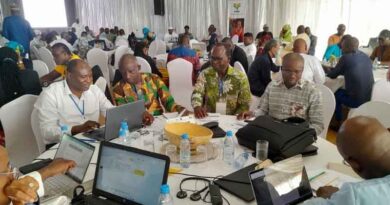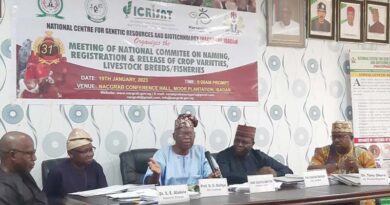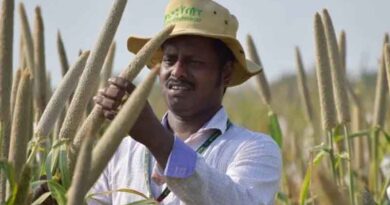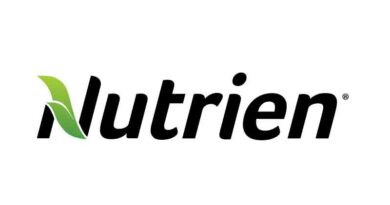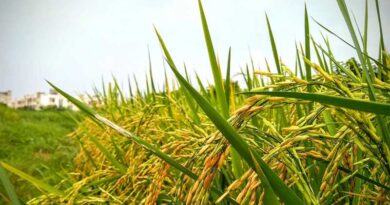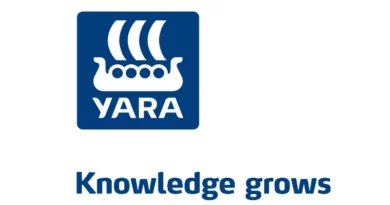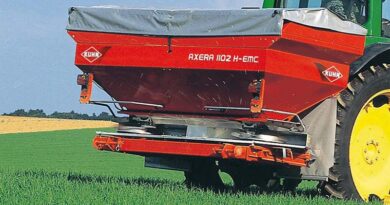ICRISAT-AGRA collaborate on drought tolerant crops value chain development
01 July 2022, Africa: ICRISAT and the Alliance for a Green Revolution in Africa (AGRA) announced a new partnership that synergizes their strengths. ICRISAT’s improved crop varieties and value chain development technology will be leveraged alongside AGRA’s extensive seed systems networks to bridge gaps in market access to early maturing, high yielding and nutritious varieties of drought tolerant crops in Africa.
Speaking at the AGRA-ICRISAT partnership meeting, Dr George Bigirwa, Deputy Vice President for Program Development and Innovations, AGRA, noted that the partnership will focus on four areas:
- Climate change: ICRISAT works on Drought Tolerant Crops (DTCs) like sorghum, pearl millet, finger millet, and pigeonpea which are important crops to address climate change;
- Diversification: AGRA is considering incorporating DTCs in their value chains;
- Nutrition: This is a big challenge in most countries given ongoing civil wars, conflicts and the global economic recession caused by the COVID-19 pandemic. The situation calls for incorporation of hardy DTCs.
- Gender inclusivity: Some of ICRISAT’s mandate crops play an important role in achieving gender inclusivity especially for women who consider DTCs as their main source of income and nutrition.
Dr Arvind Kumar, Deputy Director General-Research, ICRISAT, reiterated Dr Bigirwa’s statement on the four areas of partnership that will be enhanced through knowledge and capacity development, technology dissemination, intensification of dryland systems, natural resource management, seed systems and value chain development, market linkages, precision and digital agriculture technologies, and farm mechanization. “ICRISAT’s Director General Dr Jacqueline Hughes’ visit to AGRA’s office in Nairobi indicates the institute’s desire to work closely with AGRA,” said Dr Kumar.
During the discussion, AGRA showcased their strategic plan which focuses on climate adaptation and resilience to help farmers deal with climate change, and inclusivity so that women and youth can benefit from agricultural development. They also highlighted that their business lines include seed systems, sustainable farming, and inclusive markets and trade.
ICRISAT underscored its focus areas in Accelerated crop improvement (breeding modernization and crop cultivar improvement); Integrated nutrition sensitive initiatives (biofortification, smart food initiative, food processing techniques and food safety); Climate change adaptation and mitigation (climate smart options, timely weather information, and resilient varieties); Reframing agri-food research systems (market linkages, mechanization, and value addition); Expanding scaling approaches through agribusiness and agri-tech entrepreneurship; and Scaling landscapes and community livelihood.
Additionally, ICRISAT has invested in knowledge and capacity development through an Inclusive Learning Academy for the Drylands (iLEAD) model and has strategically positioned itself for South-South collaboration in crop technologies, digital agriculture for food systems transformation, mechanization, agri-business, and water and soil management.
The team agreed to launch the collaboration by disseminating available technologies to farmers as they work on other opportunities. The technologies include improved varieties developed by ICRISAT, management of aflatoxin, mechanization, reducing post-harvest losses, capacity building, and targeting DTCs in the crop network groups.
The team also plans to leverage the ongoing work by the Ministry of Agriculture in Kenya to have millers blend maize flour with crops like sorghum, millet, and sweet potato which will ensure sufficient production of food, promote production and commercialization of the local grains along with DTCs, to improve farmers’ earnings. The initiative is part of the president’s Big 4 agenda, aimed at contributing towards ‘100% Food and Nutrition Security by 2022’. This is also in line with the 2012 World Declaration on Nutrition which Kenya endorsed by passing a mandatory food fortification legislation, meant to reduce prevalence of vitamin and mineral deficiencies.
Also Read: CNH Industrial Capital India commences Financial Literacy Program for farmers

